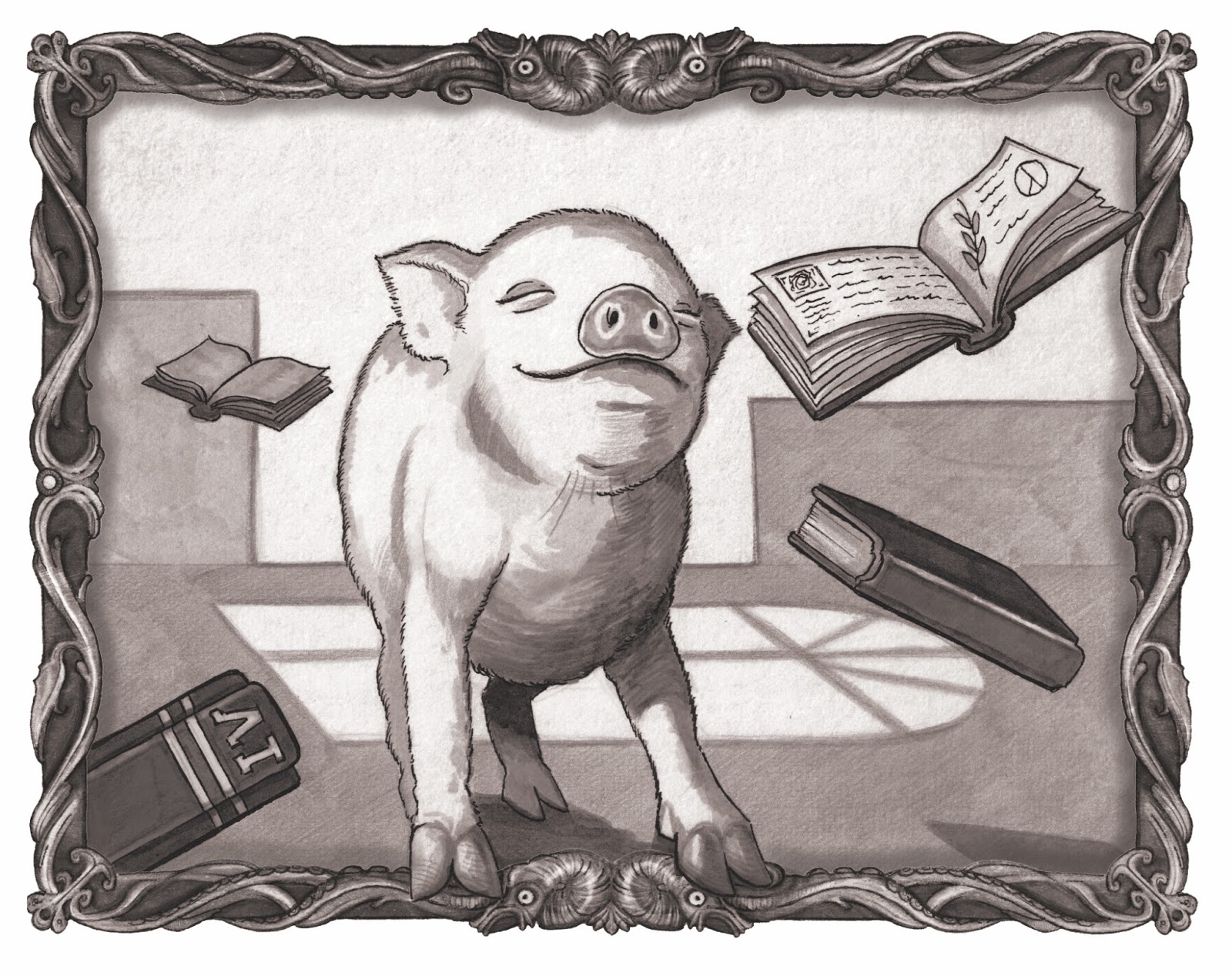
We’ve all heard the expression, “Getting there is half the fun.” Well, it’s true. Such abilities can unbalance a world, undermine its logic, and deprive writers of key storytelling opportunities. When characters can simply appear wherever they wish, or jump back in time, a writer opens himself to nagging “But why wouldn’t they just…?” questions. Common culprits are teleportation and time travel. A second benefit of limitations on magic is that overuse can lead to serious plot holes. By limiting its use and capabilities, magic retains its scarcity value and ensures that my focus remains where it should be: on my characters and story.

If it’s everywhere, it loses its ability to dazzle and delight my readers. It may sound trite but magic should be… magical. I keep that in mind with IMPYRIUM, particularly the use of magic and supernatural abilities. By making everything “spectacular” you’re merely guaranteeing that nothing is. The brain can only absorb so much AMAZING!!! stuff in a short period of time before it loses the ability to process and appreciate what it’s seeing. These aren’t stories, so much as mind-numbing advertisements for the latest CGI or motion-capture technology. We’ve all seen movies where a director or studio was so preoccupied with special effects that the plot and performances were mere footnotes.

In order to hit on all cylinders, fantasy must have a soul. World building and magic are necessary but they’re not sufficient elements of successful fantasy.

If a writer isn’t careful, he or she can get lost in the world building and forget that stories are ultimately about characters, their struggles and relationships. But they also present seductive, even dangerous temptations. And these are pretty fun, not only to create but to experience as a reader. Fantasy is often defined by two elements: creative world building and the presence of magic.


 0 kommentar(er)
0 kommentar(er)
